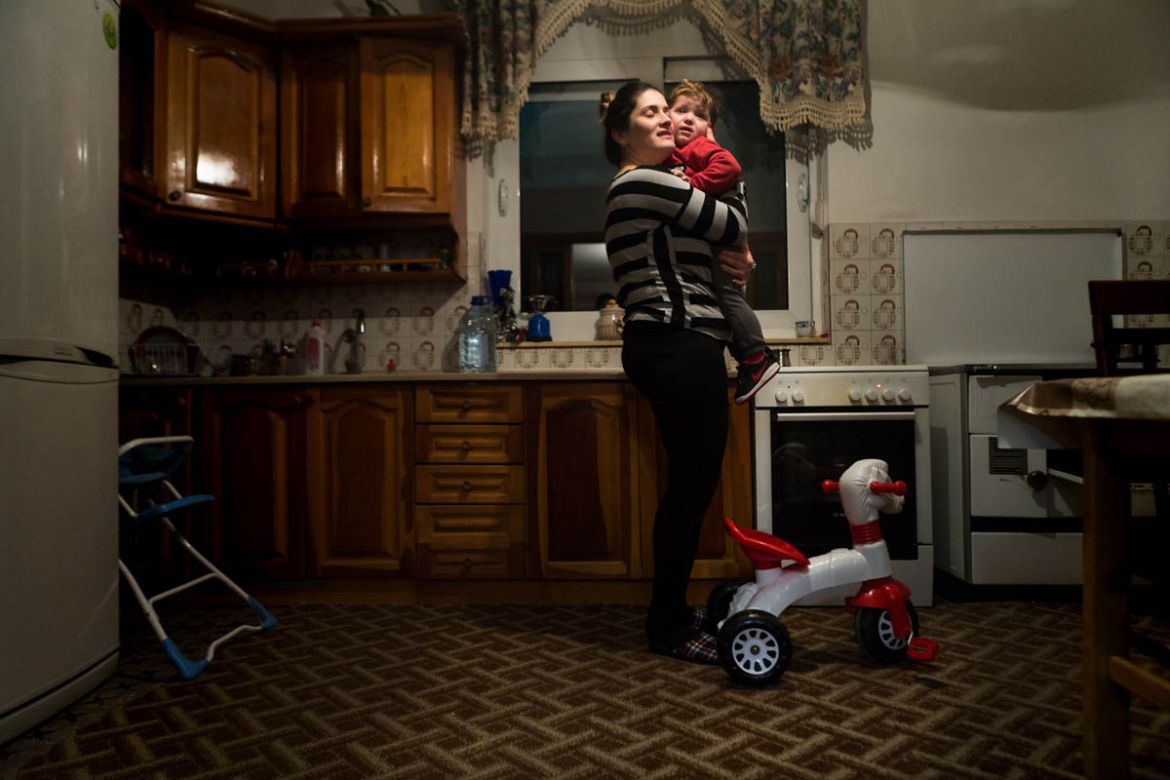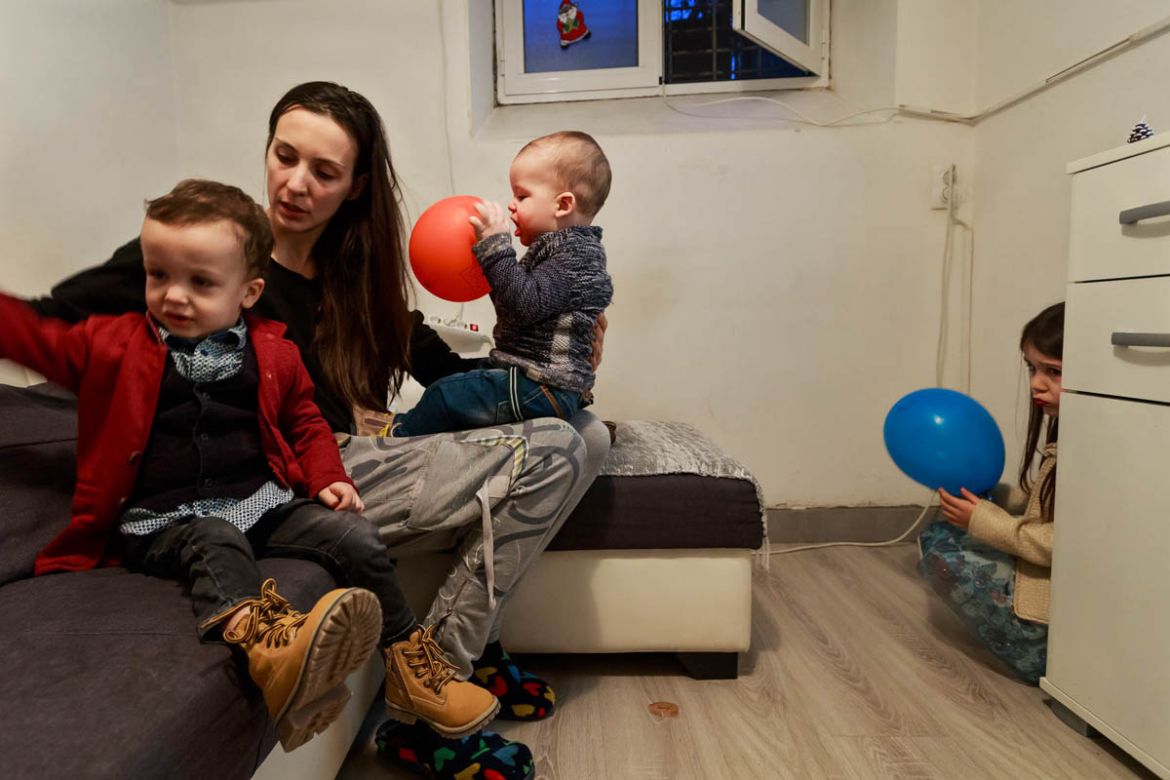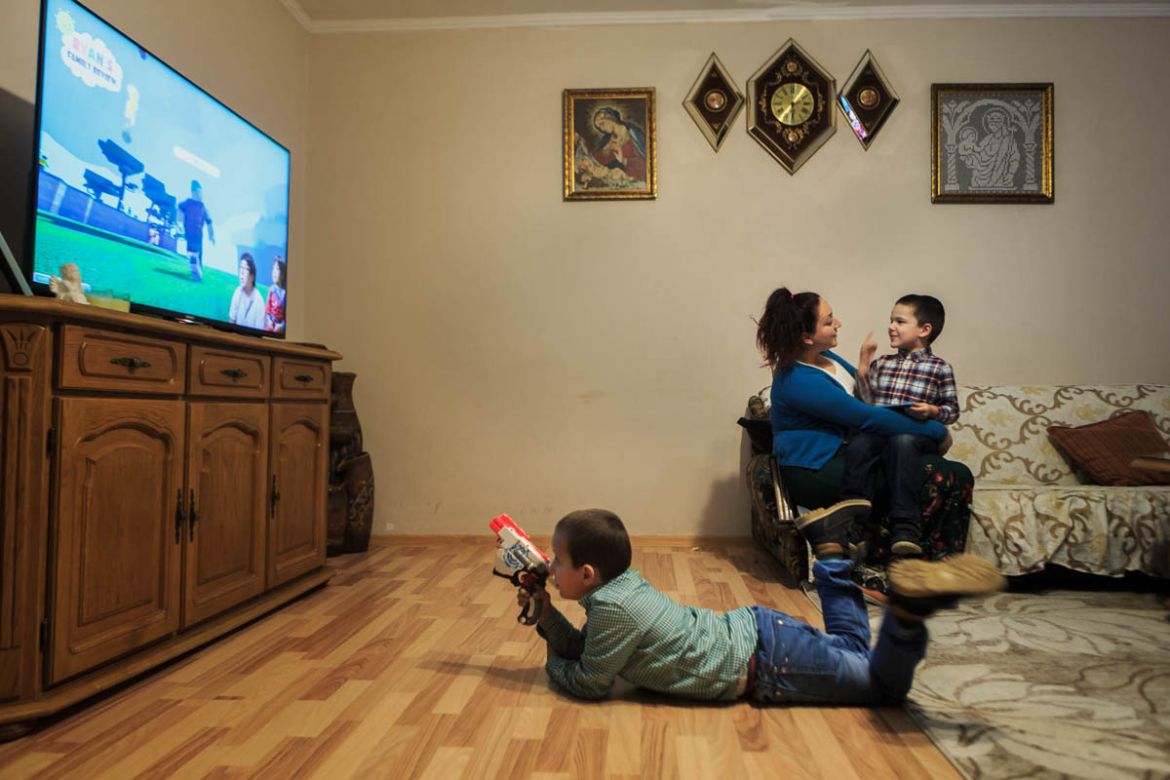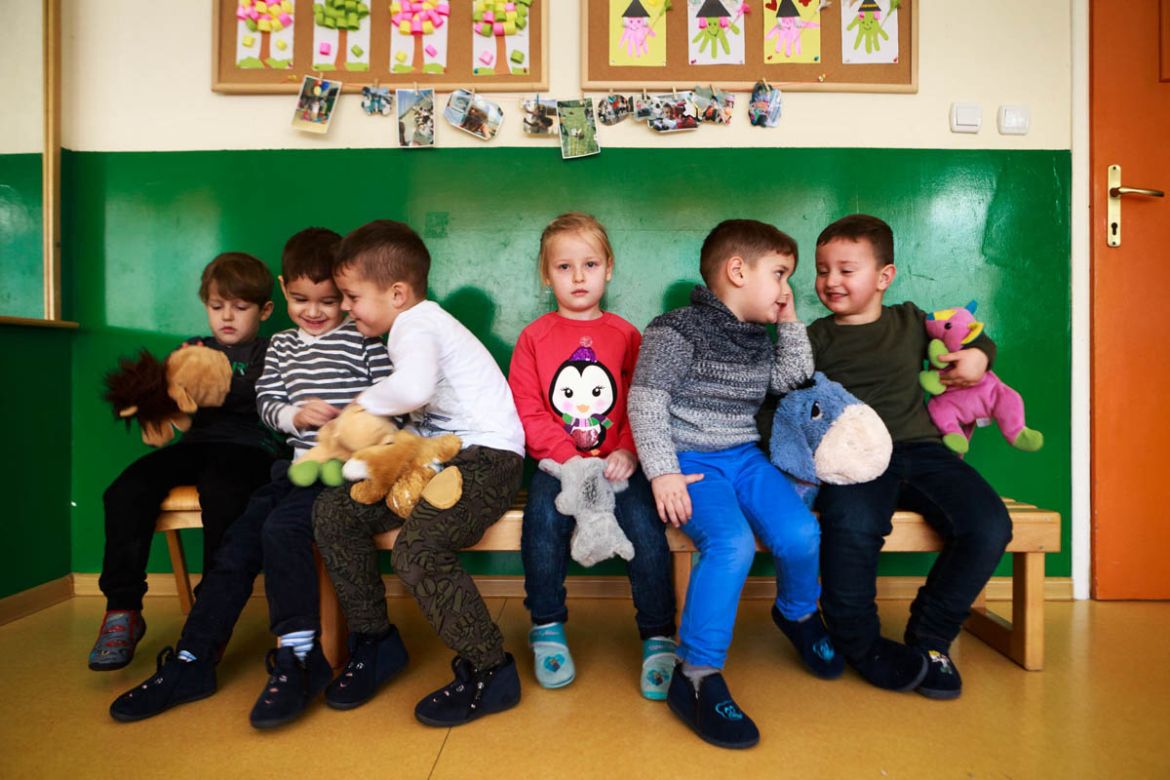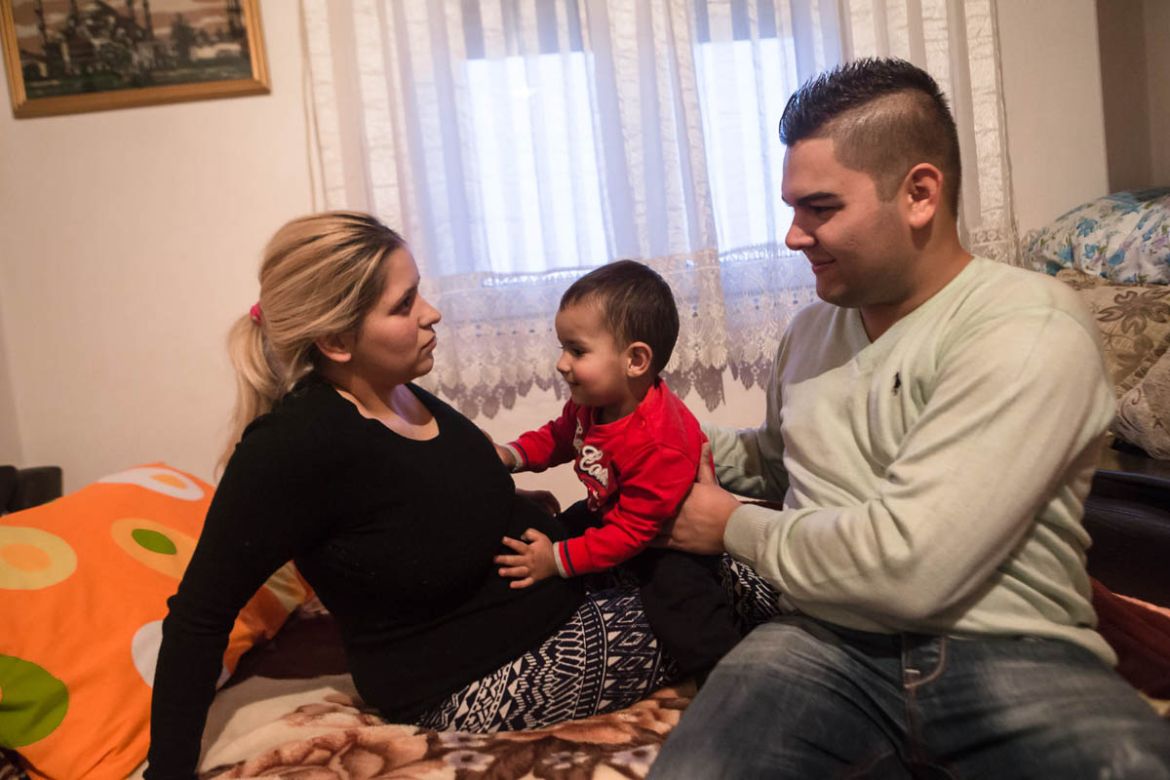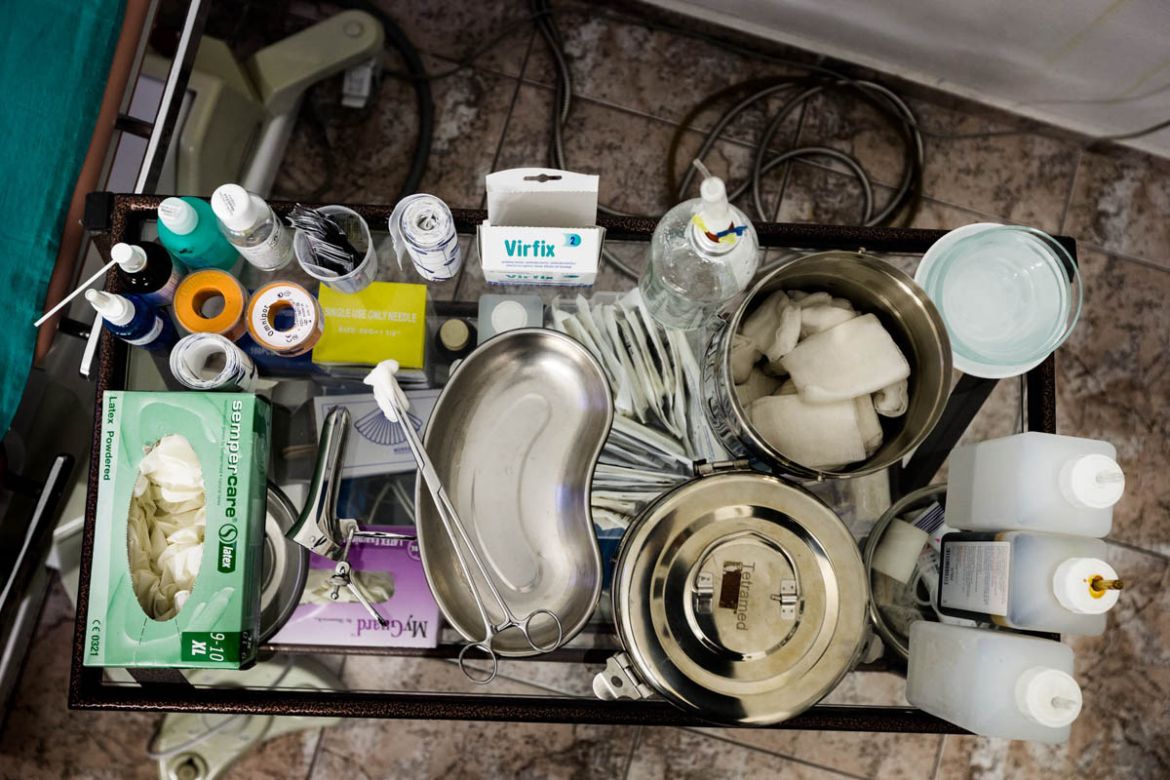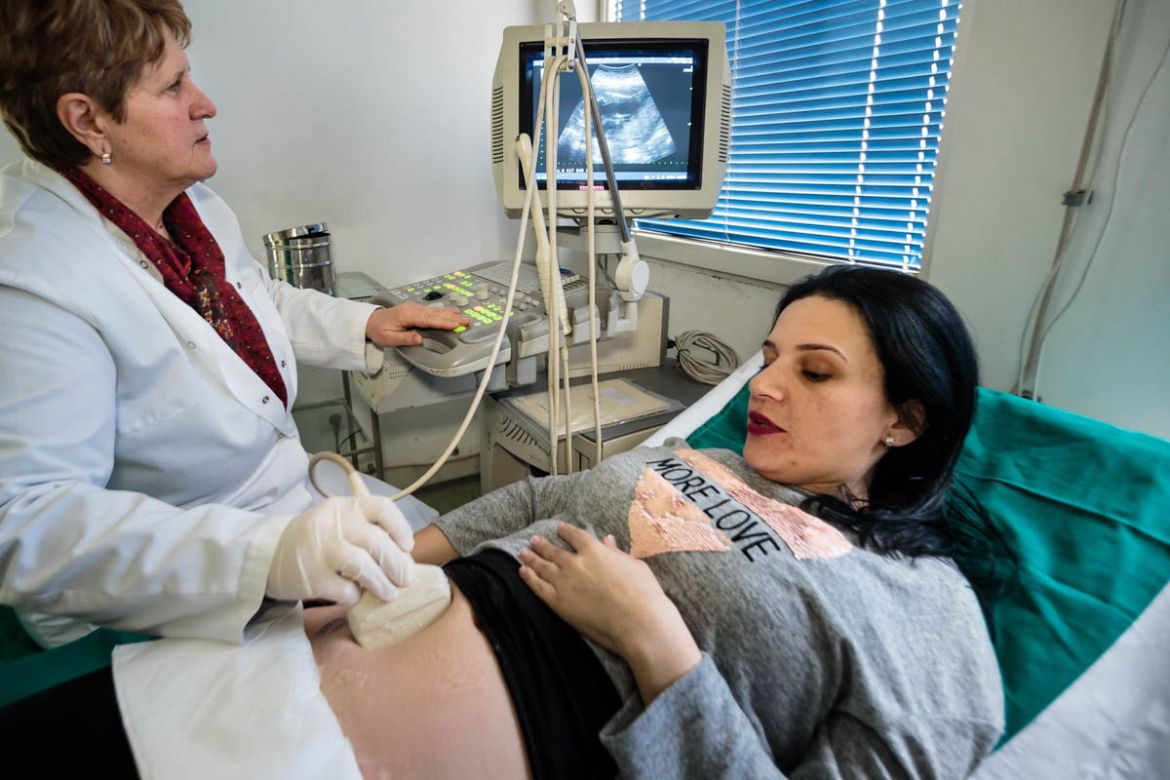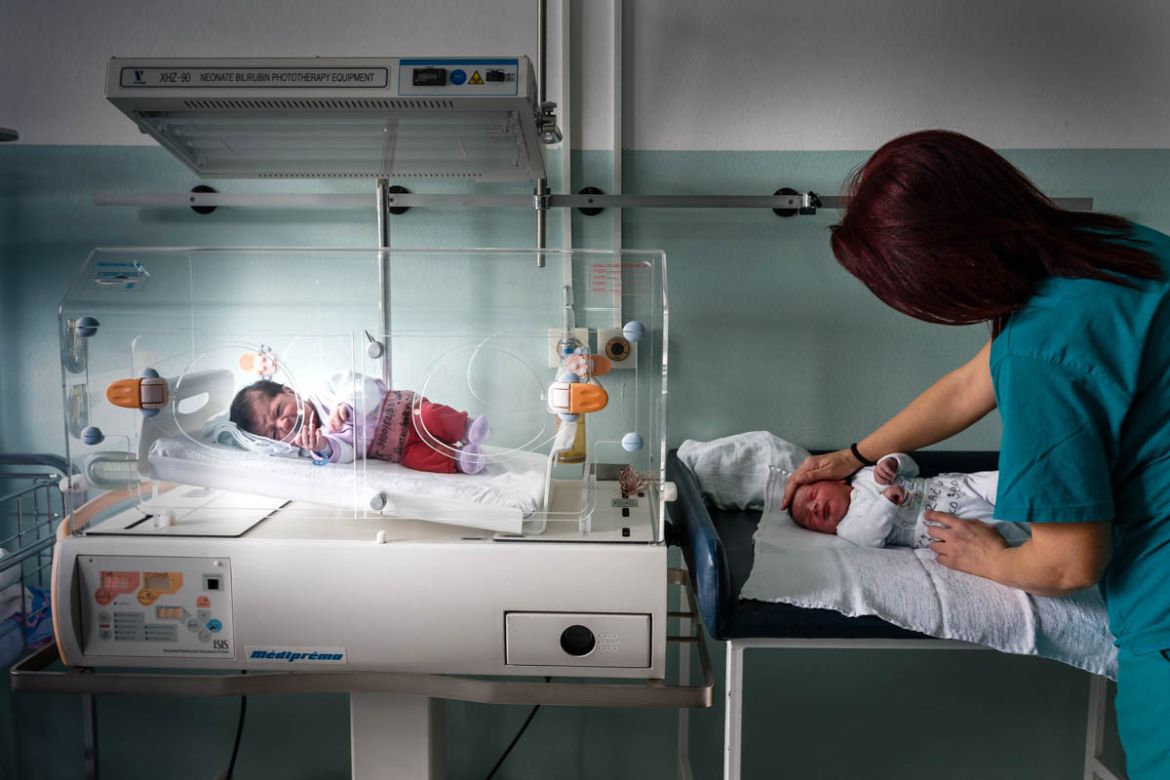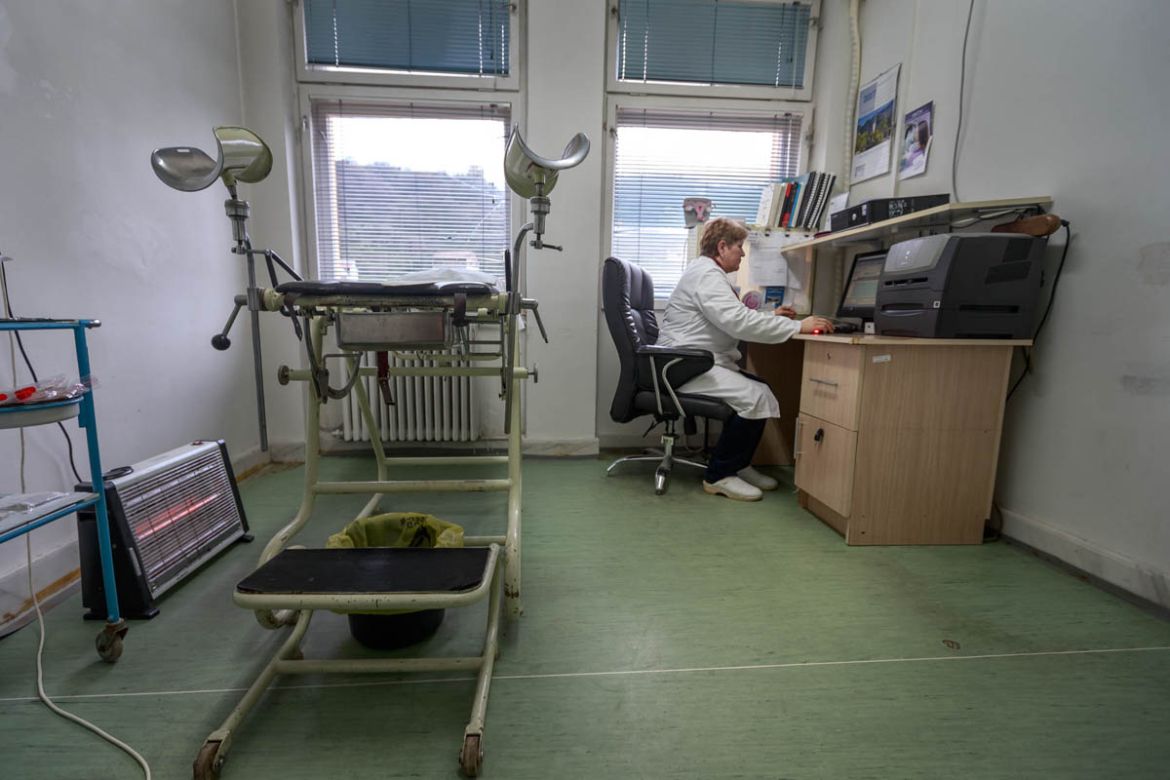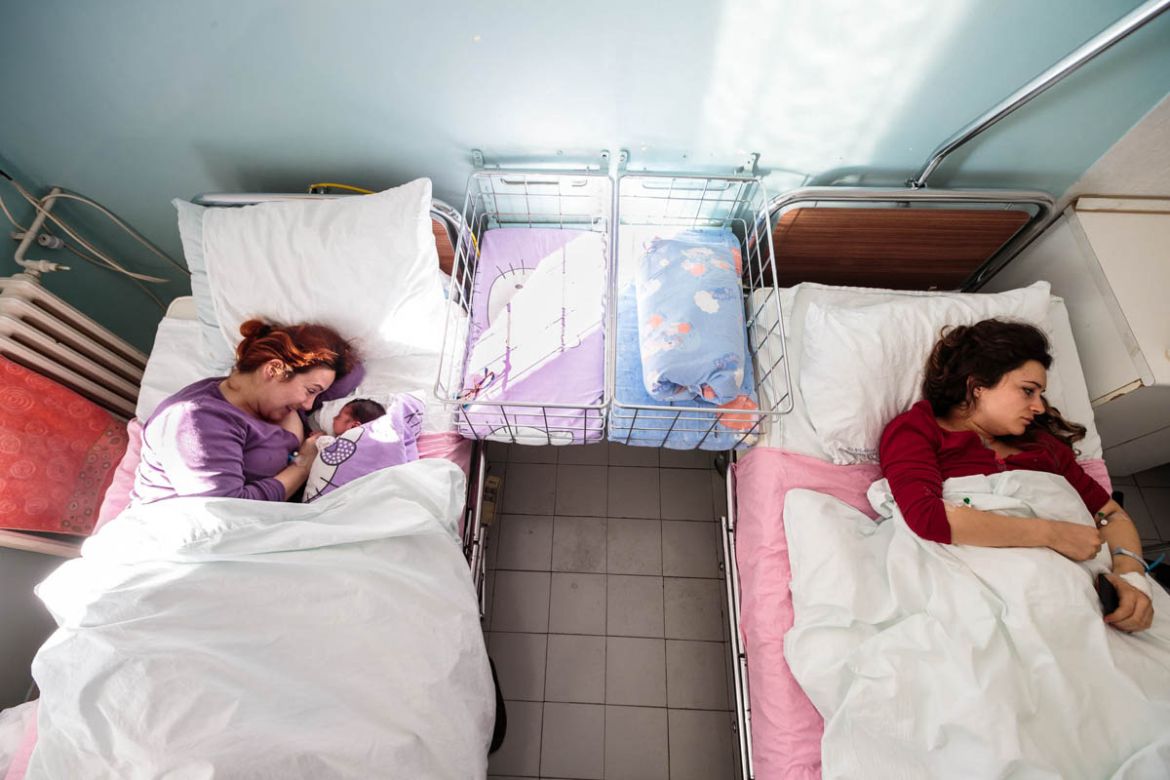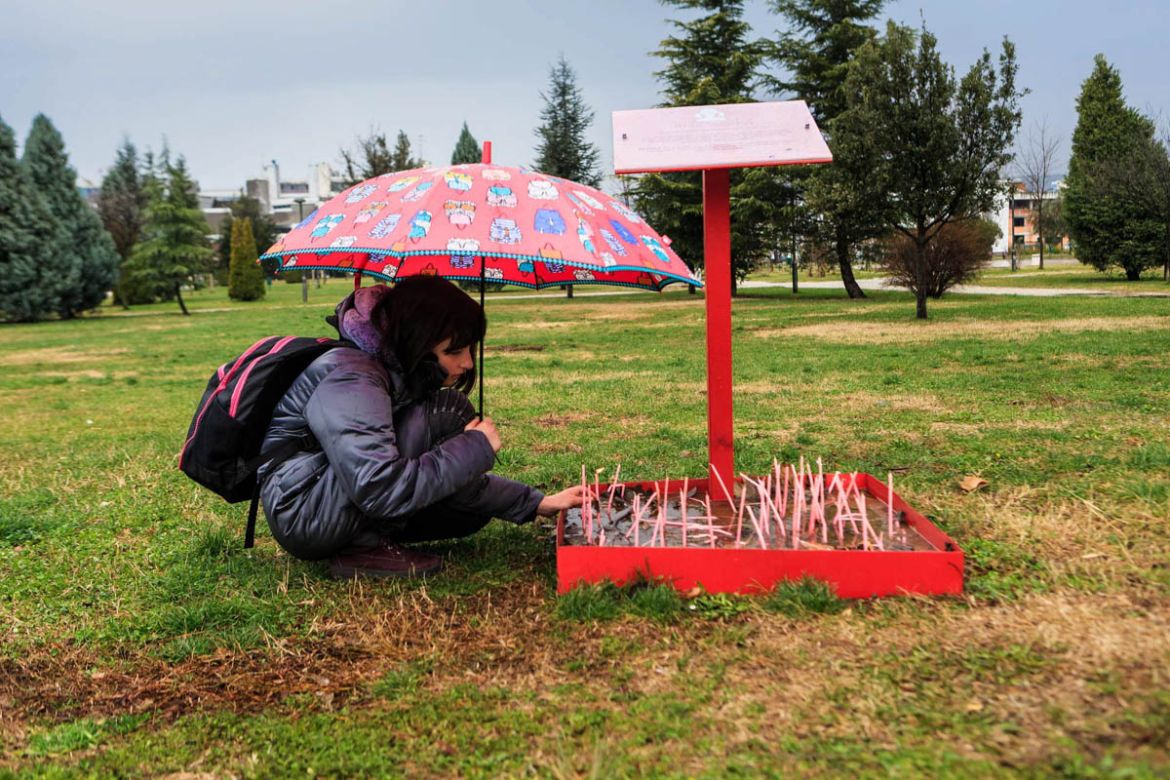In Pictures
Girls unwanted: ‘This is not a country for women’
Practice of female selective abortion has long been an open secret in Montenegro but is now being called out publicly.

Montenegro suffers from the strong traditional priority of continuing the family line by conceiving a boy, a feat seen as a near obligation for young couples.
Difficult to eradicate, the tradition has pressured couples into undergoing selective abortion, choosing to continue a pregnancy only if the unborn child is male.
The practice, commonly known as “female selective abortion”, is relatively new but it has deep roots.
If the practice continues, Montenegro, which has a population of just over 620,000, will have up to 10,000 more men than women by 2025, even though women’s longer life expectancies mean there are normally more women than men in a national population.
Pregnant women in Montenegro often undertake a prenatal test to determine the gender of their babies. Such tests cost 350 euro ($433) and do not require the involvement of a gynaecologist.
However, many mothers go to Serbia to avoid bureaucratic restrictions.
This practice has long been an open secret in Montenegro but it is now being called out publicly by the Women’s Rights Center, which has launched a campaign called “Unwanted”.
The campaign aims to raise public awareness with newspaper articles and posters appearing around the capital, Podgorica, showing an image of a girl with the words “Your parents wanted a son and that’s why you did not have a chance to be born … Sorry”.
“This topic is not well received by the Montenegrin public,” said Maja Raicevic, the head of the Women’s Rights Center. “That is always the case with issues concerning the relationship between men and women and the questioning of cultural and traditionalist norms.”
“This is a very negative tradition that we must fight every day, because this is the 21st Century. People are reluctant to address issues that touch on the cultural and traditional roots of our society but we cannot get anywhere by sweeping the problem under the carpet.
“The aim of our campaign is to launch a social dialogue that goes beyond the value system in which women do not enjoy the same rights as men. This problem concerns the position of women in all sectors of society and the consequences are so drastic that there is a rising number of selective abortions in Montenegro and growing misuse of prenatal tests,” Raicevic said.
Campaigners have dedicated a small memorial to the memory of the baby girls who were never born near the monument of St. Peter Cetinje in Podgorica’s university park.
Gynaecologist Milano Rolovic believes that the problem of selective abortion is complex and centres on the education and patriarchal tradition of Montenegrin society.
“Our young people think about their heirs in the same way that their ancestors did in the last century,” he said. “The dynasty must continue so a man has the task of leaving his surname while a woman marries and extends somebody else’s family line.”
Demographic statistics confirm that while the global average for newborns is 100 females for every 102 males, in Montenegro the average for newborns is 100 females to 116 males.
Campaigners fear that it may require a long and more intimate exposure to different cultures to convince future generations in Montenegro to abandon the wide-scale killing of the unborn based simply on their gender.

